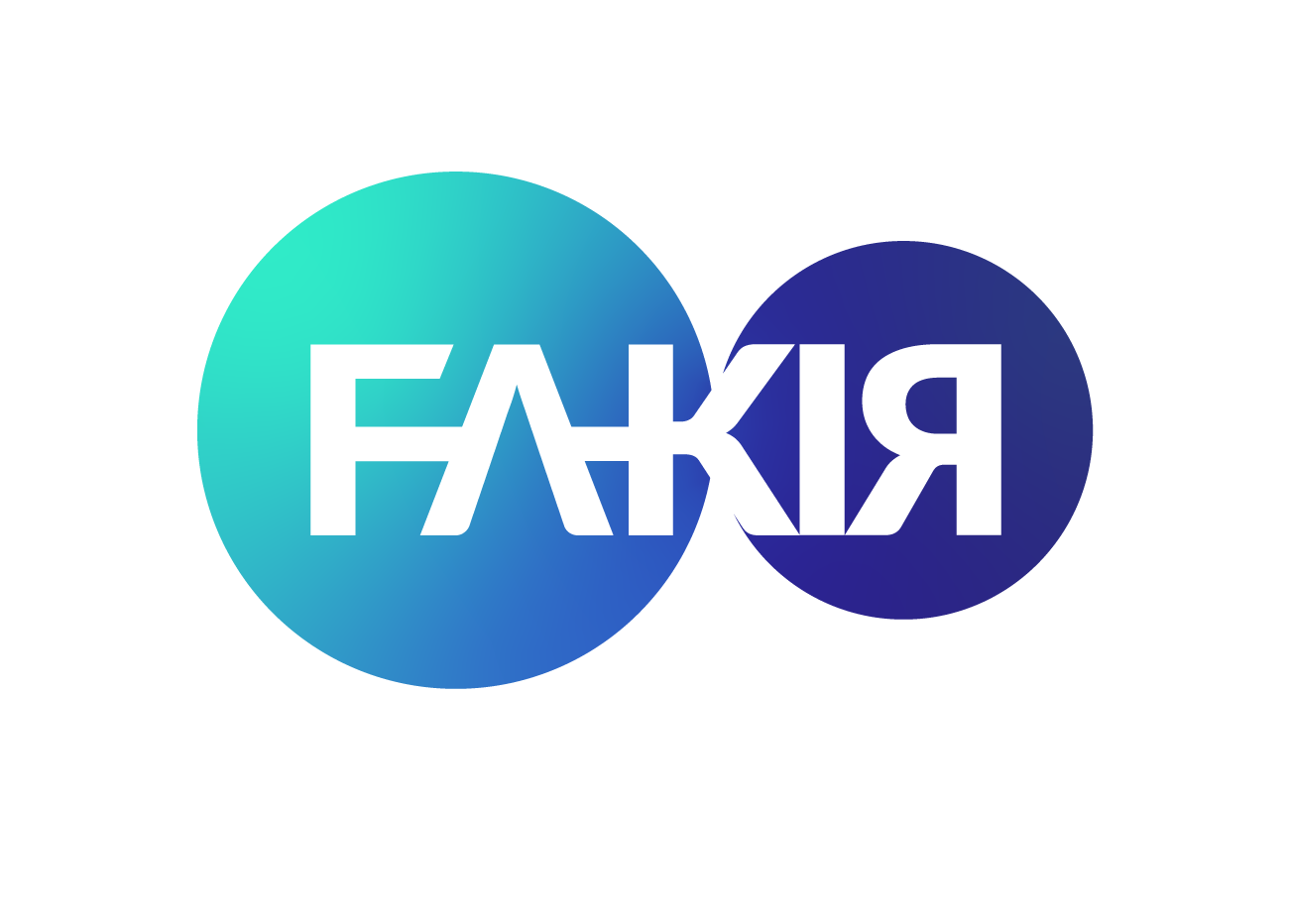
Computing & Data Storage

FTL is leveraging open and secure edge-to-cloud platform that powers data-first modernization for enterprises. An enterprise needed solution which is comprehensive infrastructure designed to meet the computing and data storage for large organizations. It combines powerful server hardware with scalable storage systems to provide reliable performance, high availability, and efficient data management. Our solution offering included of data protection and redundancy with centralized data management which enable enterprises to lowering TCO in long run.
Servers: Enterprise-grade servers form the backbone of the solution. These servers are designed for heavy workloads and are equipped with multiple processors, large memory capacities, and high-speed connectivity. They can handle critical tasks such as hosting applications, running databases, and managing virtualization environments.
Storage Arrays: Storage arrays are used to store and manage large volumes of data. They offer high-capacity storage and provide features like redundancy, data protection, and scalability. The storage arrays are often connected to the servers via high-speed networks such as Fibre Channel or Ethernet to ensure fast and reliable access to data.
Storage Area Network (SAN): A SAN is a dedicated network infrastructure that connects the servers and storage arrays. It enables multiple servers to access shared storage resources simultaneously, improving data access performance and facilitating centralized management. SANs utilize advanced protocols like Fibre Channel or iSCSI to provide high-speed data transfers and low-latency connectivity.
Network Attached Storage (NAS): NAS systems provide file-level storage and are connected to the network, making it easy for multiple clients or servers to access shared files and folders. NAS is particularly useful for file sharing, backups, and collaboration across the organization. It simplifies data management and offers scalable storage options.
Data Protection and Redundancy: Enterprise solutions incorporate various data protection mechanisms to ensure the integrity and availability of critical information. This includes features like RAID (Redundant Array of Independent Disks) for disk redundancy, backup and recovery systems, snapshot capabilities, and replication for disaster recovery.
Virtualization: Virtualization technologies play a significant role in enterprise server and storage solutions. They enable organizations to consolidate their infrastructure, optimize resource utilization, and provide virtual machines (VMs) for different applications and workloads. Virtualization enhances scalability, flexibility, and efficient management of the IT environment.
Management Software: To streamline administration and monitoring, enterprise solutions utilize management software. These tools provide a centralized interface to configure, monitor, and manage the servers, storage arrays, and network components. They offer features like performance monitoring, capacity planning, provisioning, and troubleshooting.
© All Copyright 2023 by Fakir Technologies Ltd.
